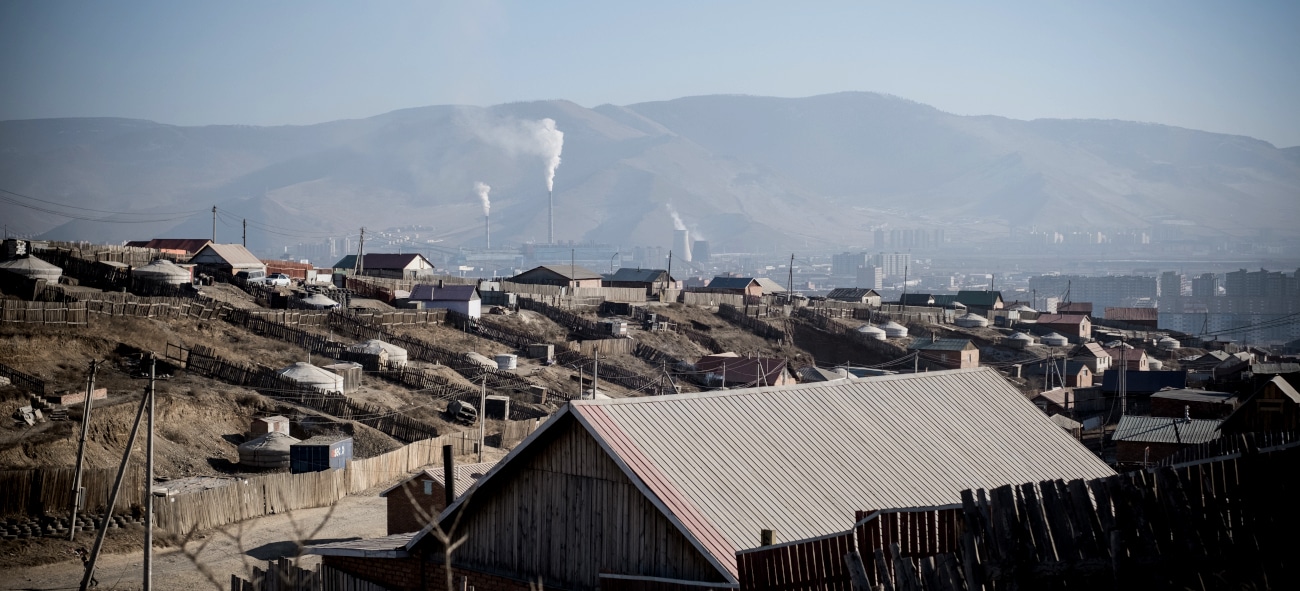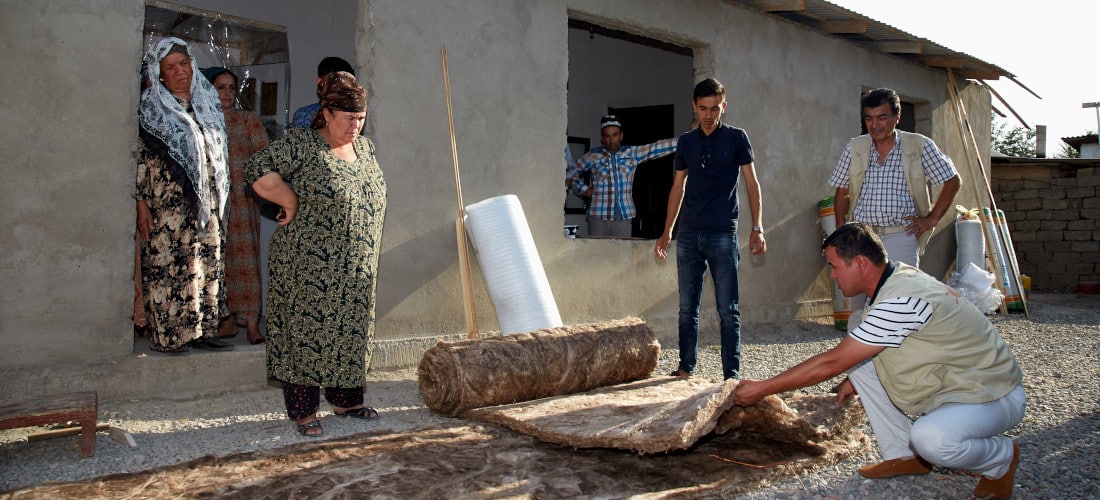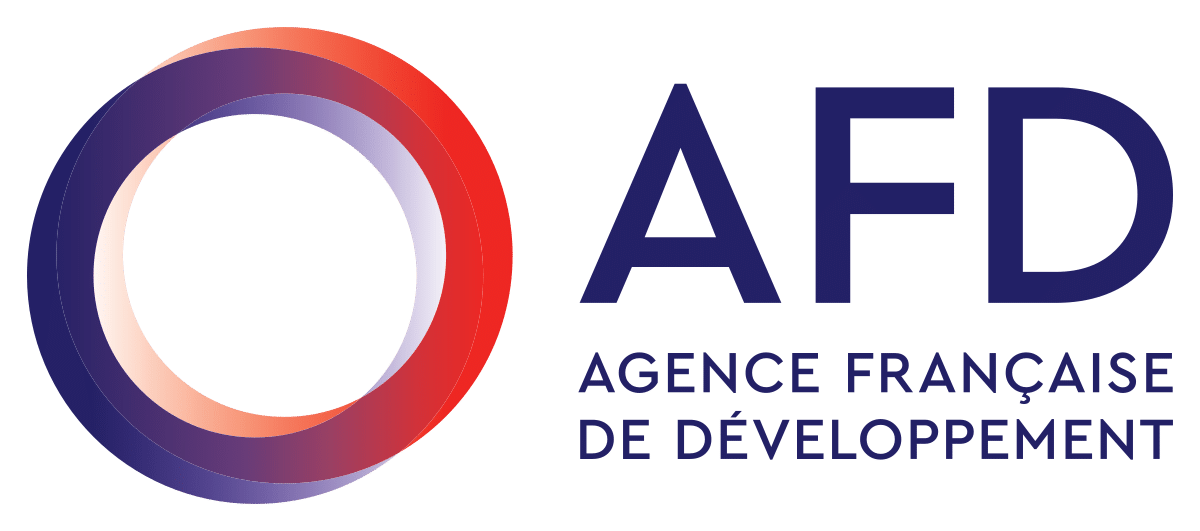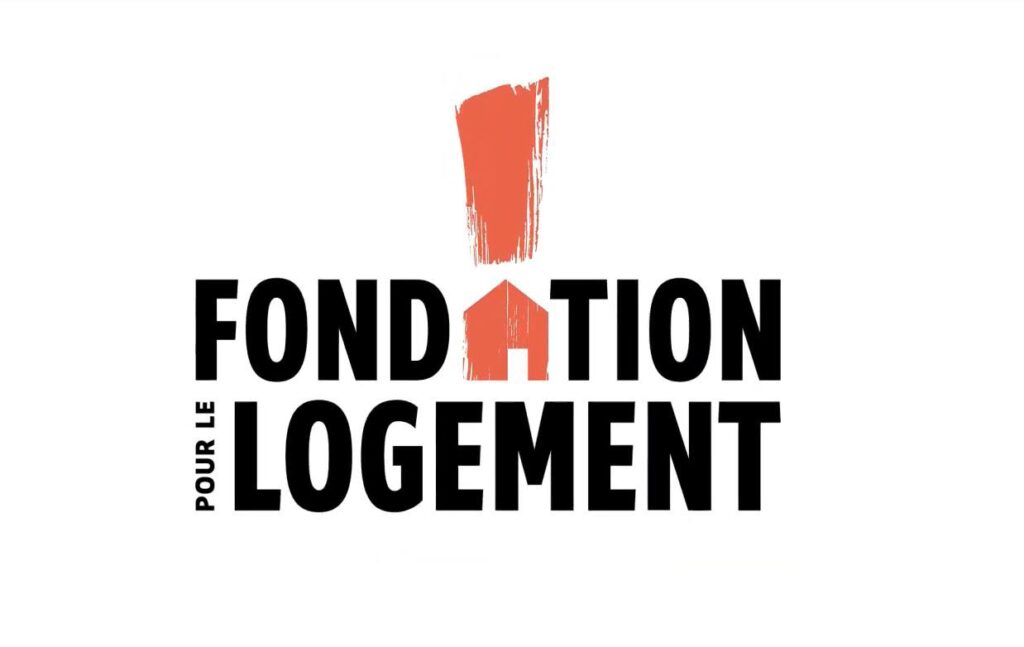FRESH : Climate-resilient innovation for energy efficiency in housing
In many countries, the effects of climate change and rapid urbanization are exposing urban and peri-urban populations to extreme heat. Many homes are poorly insulated and unsuited to local conditions, leading to comfort problems, high energy bills and increased pollution.
The FRESH project proposes practical, affordable solutions to improve housing and make it more resilient in the face of extreme heat.Inspired by the success of the Switch Off Air Pollution (SOAP) project in Mongolia and the PIGHOT project in Tajikistan, owhere thermal insulation techniques and improved heating systems have reduced energy consumption and improved comfort for residents, it implements sustainable building techniques and raises awareness among residents of better energy use practices. The project is being deployed in Morocco, Benin, Mongolia and Tajikistan.
Diverse climates, shared challenges for resilient, sustainable habitats
Context
FRESH operates in countries where rapid urbanization and climate change pose major challenges for housing and energy consumption:
- Benin : The urban population has doubled in twenty years, with buildings often self-built and poorly adapted to extreme heat. The lack of information and training limits the possibilities for improving the energy efficiency of housing. Poorly managed urbanization increases household exposure to extreme heat and thermal comfort problems
- Morocco : Many homes are vulnerable to droughts and heat waves. The growing use of inefficient air-conditioning systems and the disappearance of traditional know-how are making homes less suited to local conditions.
- Mongolia and Tajikistan : These countries face extreme climates as well as economic challenges. In Mongolia, low-cost self-building limits the adoption of efficient energy solutions , while in Tajikistan, dependence on coal and biomass exacerbates pollution and deforestation. Geres has been active in the region since 2011, developing expertise in thermal insulation and the use of local materials, solutions now adapted to the hot climates of Morocco and Benin.
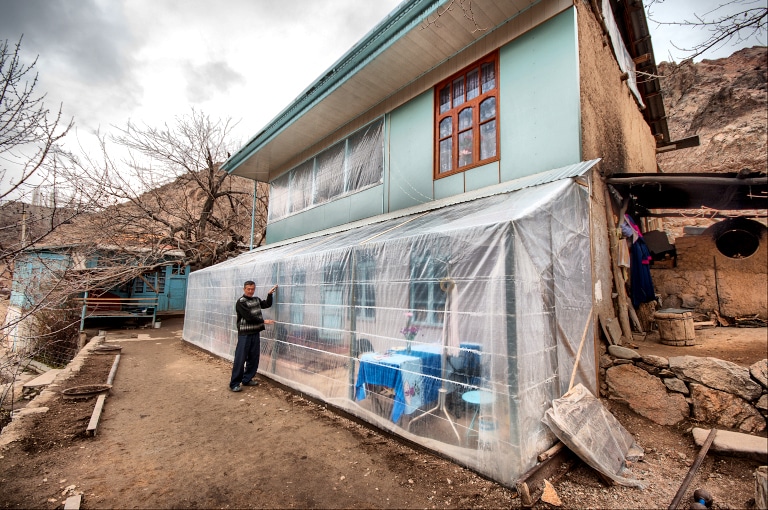
In each of these countries, the FRESH project aims to adapt housing to local climatic conditions using simple, affordable and environmentally-friendly solutions.
Discover more
Housing and residents: meeting the challenges of a changing climate
Challenges
In hot climates, poorly adapted housing poses a number of problems:
- For low-income households : high temperatures make homes uncomfortable and increase health risks, especially for vulnerable people (children, the elderly).
- For more affluent households : over-consumption of air conditioning adds to energy bills, increases pressure on power grids and contributes to greenhouse gas emissions.
- On an institutional level : although certain regulations exist, they are rarely applied, and craftsmen often lack training in climate adaptation techniques.
- Cultural and economic barriers : inefficient modern materials are often preferred to more appropriate traditional techniques, due to a lack of information or an image of modernity.
- Lack of access to resources : sustainable, high-performance building materials are often inaccessible or too expensive, limiting their adoption by local populations and professionals in the sector.
FRESH responds to these challenges by improving the quality of housing while raising awareness of sustainable solutions among residents and professionals.
Three experimental levers for reinventing housing in hot climates
Solutions and objectives
Improving the technical offering
Improving the technical offer is a priority for the FRESH project. This involves developing and testing solutions adapted to local realities, such as thermal insulation, natural ventilation and the use of sustainable traditional materials. These innovations are tested in pilot projects before being generalized. At the same time, training courses are offered to craftsmen and building professionals to enable them to integrate these techniques into their practices and encourage their widespread adoption.
Involving local residents
Involving local residents is also essential. The project raises awareness among households of best practices for limiting heat and improving the energy efficiency of their homes. This involves learning simple gestures, such as strategic ventilation by opening windows, using shutters and choosing energy-saving equipment. In addition, FRESH promotes local know-how by encouraging the use of traditional materials and techniques, often better adapted to climatic conditions.
Creating links between players·ices
Finally, FRESH helps to bring together the various players involved in home improvement. It facilitates exchanges between craftsmen and residents through digital platforms and information campaigns, while also setting up accessible financing solutions. The aim is to enable households to invest in sustainable solutions without cost being an obstacle.
Multi-level action: an integrated approach
FRESH operates at three levels:
- At the level of individual homes, with advice and adapted equipment;
- At building level, by integrating energy renovation techniques;
- And at neighborhood level, by promoting urban developments such as vegetation and the creation of cool islands.
Through these three components and different scales of intervention, FRESH aims to contribute to the improvement of construction and renovation practices, while strengthening local economic sectors and the living conditions of local residents. By testing and adapting its solutions based on user feedback, the project aims to propose sustainable, replicable models.
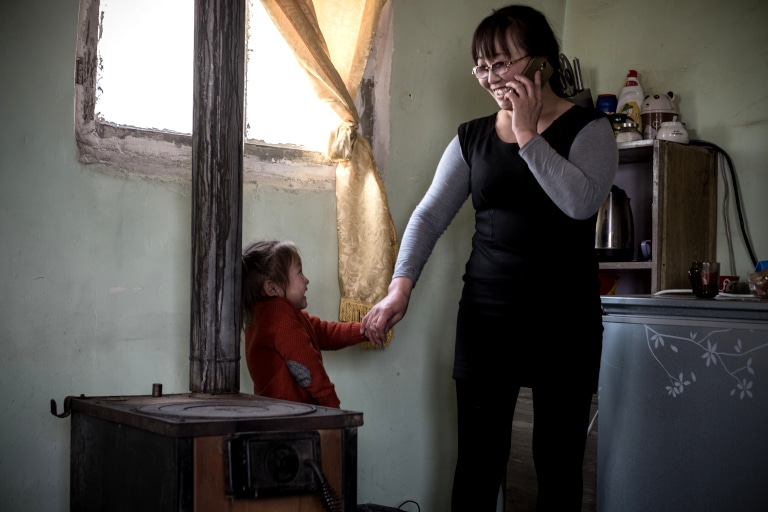
Inclusive mobilization
Beneficiaries
- The project directly benefits2,700 households, or around 12,000 people, by improving their thermal comfort and reducing their energy costs.
- It also aims to train 110 craftsmen and building professionals, encouraging the inclusion of young people and women.
Stakeholders: networking for energy efficiency and adaptation of housing to climate change
Technical partners
FRESH relies on a network of local and international partners to ensure the project’s success:
- Bénin : ONG Eco-Bénin (formation des artisan·es et sensibilisation des habitant·es).
- Morrocco : Coopérative Anajaa Taqia (energetic transition) et AESVT (environmental education).
- Mongolia : Building Energy Efficiency Center (solutions techniques) and Mongolian National Construction Association (coordination nationale des artisan·es).
- Tajikistan : Scientific Research Institute for Construction and Architecture (bioclimatic standards) et Lohiakash Institute.
The project also intends to collaborate with public authorities, construction stakeholders and representatives of civil society to ensure the dissemination and adoption of the proposed solutions.
Local populations will be at the heart of the project , helping to identify and adapt solutions for a more resilient habitat. Their involvement will ensure that solutions are adapted to real needs, and encourage their wider deployment.
Financial Partners
- Agence Française de Développement
- Fondation Abbé Pierre
WOULD YOU LIKE TO TAKE ACTION AND SUPPORT WHAT WE DO?
Tell us who you are and find your means of action.
CITIZENS
Because Climate Solidarity is a challenge we face collectively, Geres gives you the possibility to make a difference.
PRIVATE SECTOR
As a business executive, an employee or a customer, you have the power to take action in your everyday life.
LOCAL AND INSTITUTIONAL ACTORS
Support our actions in France and internationally and become an agent of change at our side.
FOUNDATIONS
By supporting Geres, you contribute to the implementation of innovative and concrete actions.

